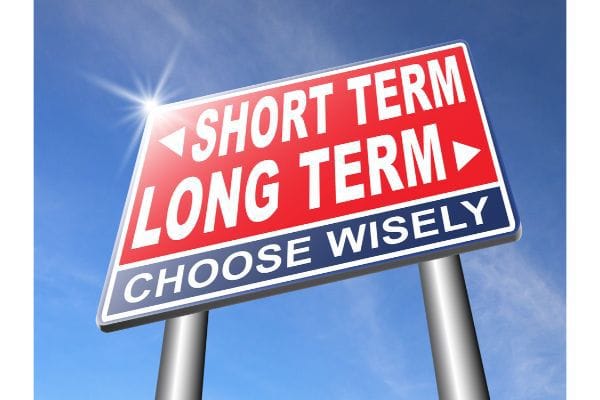Short-term vs. Long-term Logbook Loans in Kenya: Which Makes Financial Sense?

When you are in a financial crunch or need working capital fast, a logbook loan can be a quick solution. But choosing between a short-term or long-term logbook loan is a decision that can affect your monthly cash flow, total interest paid, and financial stability.
So, which one makes better financial sense in Kenya? Let’s break it down.
What Are Short-Term and Long-Term Logbook Loans?
- Short-term logbook loans typically last 1 to 6 months.
- Long-term logbook loans range from 7 to 24 months, sometimes even up to 36 months with select lenders.
1. Monthly Repayment Amounts
- Short-term loans: Higher monthly payments because you are repaying the principal and interest in a compressed time.
- Long-term loans: Lower monthly payments spread out over time, making it easier on your monthly budget.
Example: For a KES 300,000 loan:
- 3-month repayment might be ~KES 110,000/month
- 12-month repayment might be ~KES 30,000/month
Verdict: Long-term loans win for affordability per month.
2. Total Interest Paid
- Short-term loans: You pay less total interest because the repayment period is short.
- Long-term loans: You pay more in total interest even though the monthly amounts are smaller.
Example:
- 3-month loan may cost KES 330,000 in total
- 12-month loan may cost KES 390,000 to 420,000
Verdict: Short-term loans win if you want to minimize total borrowing cost.
3. Cash Flow and Flexibility
- Short-term: You clear the loan fast, but it puts pressure on your cash flow.
- Long-term: Offers breathing room, especially if your income is inconsistent.
Tip: Choose based on how stable your income is. If your business has seasonal fluctuations, a longer-term loan might be safer.
4. Risk of Default
- Short-term loans: Higher risk of default if something interrupts your income since payments are large.
- Long-term loans: Lower monthly burden, giving you a cushion against emergencies.
Verdict: Long-term wins if you want to reduce your risk.
5. Loan Approval and Asset Valuation
Most lenders offer the same percentage of your car’s value whether you choose short- or long-term. However, some lenders are more willing to approve long-term loans for newer, higher-value vehicles.
6. Early Repayment Options
- Many logbook loan providers in Kenya do not penalize early repayment.
- You can take a long-term loan, then repay it faster when you get extra cash.
Pro tip: Choose a long-term plan, then make bi-weekly or lump sum payments to reduce interest.
So, Which Makes More Financial Sense?
Choose a Short-Term Loan if:
- You have a solid plan to repay quickly (e.g. a client payment coming, asset sale, seasonal income)
- You want to save on interest
- You’re confident in your cash flow
Choose a Long-Term Loan if:
- Your income is inconsistent
- You prefer manageable monthly payments
- You want flexibility to pay early without strain
Final Word
Do not just look at the monthly figure—consider the total cost, your cash flow, and your income certainty. A logbook loan is a tool. Used wisely, it can relieve pressure or grow your business. Used recklessly, it can lead to repossession and stress.
Before you choose, talk to your lender about:
- Total repayment amount
- Early repayment terms
- Flexible top-up options
Need help choosing the best loan term for your situation? Reach out and let’s help you make a financially sound decision.
Contact us through our contact form, call us on +254791573231 or visit one of our branches across Nairobi, Kiambu, Machakos, and Kajiado counties to explore your financial opportunities




Comments ()